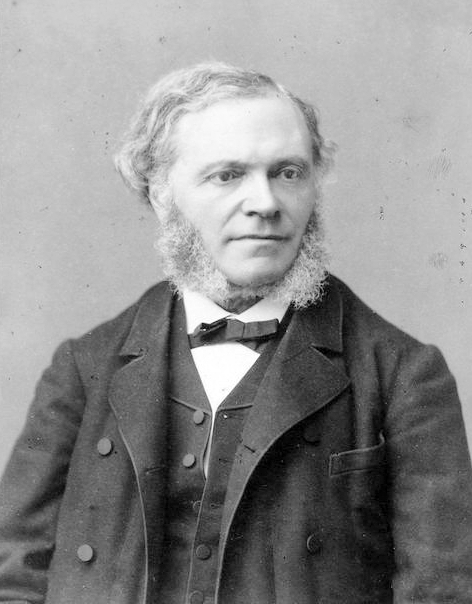
César Franck (1822-1890) was known as a devout man with “utmost humility, simplicity, reverence and industry”, whose musical legacy has him regarded as among the finest of French composers. Born 200 years ago in present-day Belgium, his childhood was a difficult one due to his overbearing father’s dreams of fame and wealth through his son becoming a famous performer and composer. While Franck’s talent as a performer was recognised, the venture was ultimately a failure and César had to free himself from his abusive father by leaving home only with what he could carry. He began a humble life of teaching and playing organ in various church positions in Paris, and over the course of his life he became increasingly respected for his skill, particularly in improvisation and later in composition. In the 1880’s he produced a number of works that are staples of the repertoire, including the Symphony in D minor, completed in 1888 and premiered in 1889 - the same year as the opening of the Eiffel Tower. Louis Vierne wrote in his memoirs that Franck showed a “constant concern for the dignity of his art, for the nobility of his mission, and for the fervent sincerity of his sermon in sound”.
Franck was a great admirer of Beethoven, whose influence can be felt in the dramatic and expressive elements of the symphony. Franck had a thoroughly Romantic spirit, using beautiful melodies, distant modulations, and a cyclic structure, meaning musical motifs are repeated and transformed throughout the 3 movements of the symphony. His use of the English Horn (a lower-sounding member of the oboe family) was considered novel and controversial at the time, and it features a large brass section with two cornets being added to the traditional pair of trumpets, making for a very powerful sound. The talent and artistry of the OSO will be on full display bringing a dramatic and celebratory close to a triumphant season!
By Adam Johnson